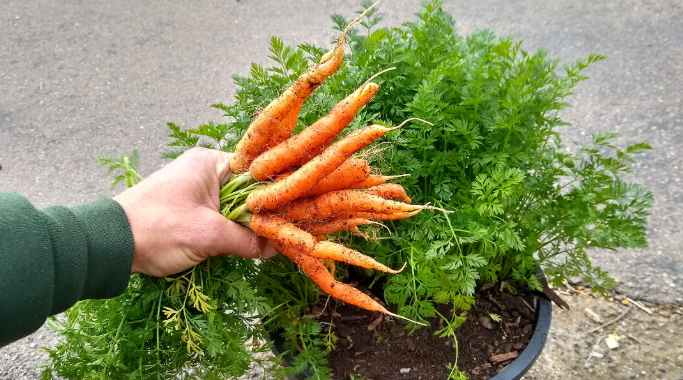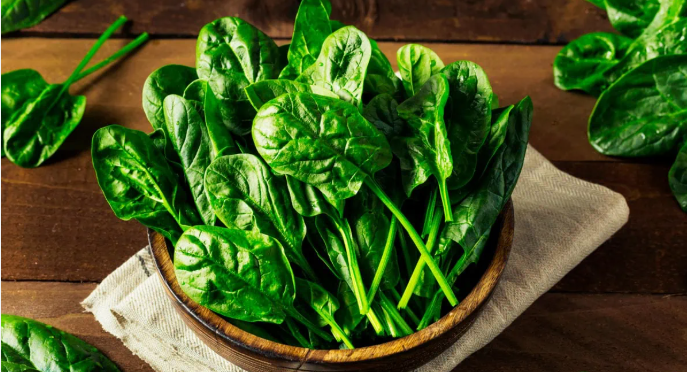Facing a stomach cancer diagnosis is an incredibly challenging journey. While medical treatment is the cornerstone of your care, what you eat plays a vital role in fueling your body, maintaining your strength, and supporting your overall well-being. Think of food as a powerful source of energy and nourishment that helps your body on its healing path.
This guide will introduce you to seven vegetables that can be valuable allies, chosen for their nutrients and potential to support your body’s fight.
Important Note: This article is for informational purposes only and is not a substitute for professional medical advice. Always consult your doctor or a registered dietitian before making significant changes to your diet, especially during cancer treatment, as some foods may not be well-tolerated.
1. Broccoli: The Cellular Defender
Broccoli and other cruciferous vegetables like cauliflower and cabbage contain compounds like sulforaphane. These powerful substances help support your body’s natural detoxification processes and can provide a wealth of antioxidants.
How to Add It to Your Diet
- Lightly steam broccoli to make it easier to digest.
- Blend it into a smooth soup.
- Finely chop and add to a pasta dish.
2. Spinach: A Nutrient-Dense Superfood
Spinach is an excellent source of vitamins, minerals, and antioxidants, including iron and folate. These nutrients are essential for keeping your energy levels up and supporting your blood health, which is critical during treatment.
How to Add It to Your Diet
- Sauté it quickly with garlic.
- Add a handful to a fruit smoothie to get nutrients without a strong flavor.
- Use it as a bed for lean protein.
3. Carrots: The Vitamin-Rich Root
Carrots are a rich source of beta-carotene, which the body converts into Vitamin A. This vitamin is crucial for a healthy immune system and for protecting cells. Carrots are also generally easy to digest, which can be a plus.
How to Add It to Your Diet
- Enjoy them raw if you tolerate them well.
- Steam or boil them until soft for easy digestion.
- Make a simple carrot soup.
4. Garlic: The Flavorful Ally
Garlic contains sulfur compounds that have been studied for their potential anti-cancer properties and their ability to boost the immune system. Adding a little garlic to your meals can be a flavorful and beneficial way to support your body.
How to Add It to Your Diet
- Use minced or crushed garlic in sauces and dressings.
- Roast whole garlic cloves until they are soft and mild.
5. Mushrooms: The Immune Modulators
Certain mushrooms, like shiitake and maitake, contain compounds called beta-glucans. These substances can help modulate and strengthen the immune system, providing vital support for your body’s defenses.
How to Add It to Your Diet
- Add sliced mushrooms to soups or stir-fries.
- Sauté them until tender with a little olive oil.
6. Ginger: The Soothing Root
Ginger is widely known for its ability to help with nausea, a common side effect of some treatments. It also contains powerful anti-inflammatory compounds. A simple cup of ginger tea can be a comforting and beneficial part of your day.
How to Add It to Your Diet
- Drink ginger tea (made with fresh slices).
- Grate fresh ginger into sauces or broths.
7. Tomatoes: The Lycopene Source
Tomatoes are rich in lycopene, a powerful antioxidant that may help protect cells from damage. While fresh tomatoes are great, cooking them can actually increase the amount of lycopene your body can absorb.
How to Add It to Your Diet
- Enjoy a warm tomato soup.
- Use tomato paste or sauce in your cooking.
Conclusion: Fueling Your Body’s Strength
Choosing to nourish your body with these vegetables is an empowering act of self-care on your journey. By providing your body with the right fuel, you are actively supporting your strength and resilience.
What vegetables do you find most comforting or easy to incorporate into your meals?



